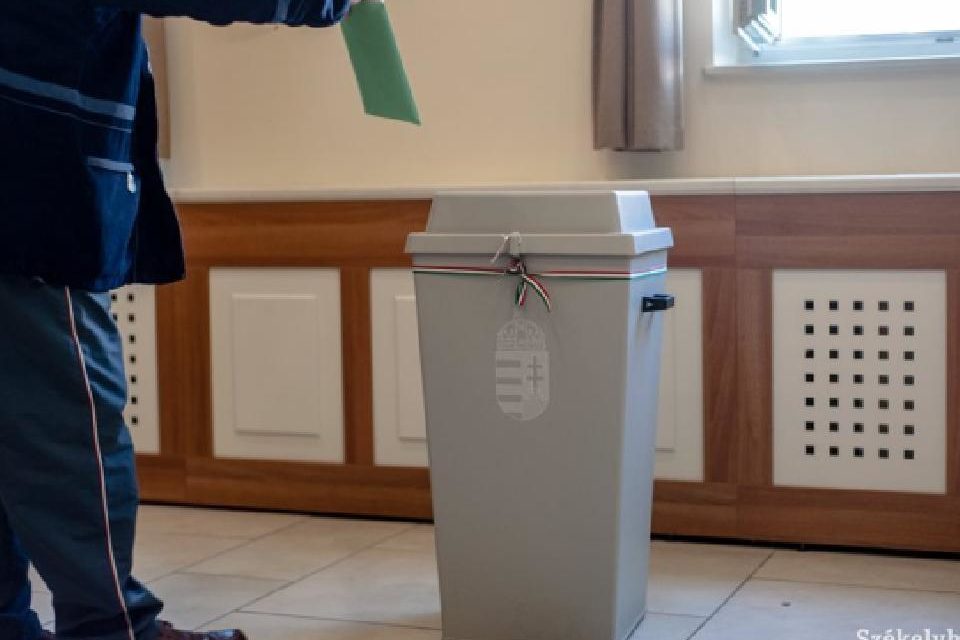Prime Minister Viktor Orbán is writing to Hungarians across the border, asking them to cast their votes in the parliamentary elections next spring, the parliamentary secretary of the Prime Minister's Cabinet Office said.
Csaba Dömötör started his post on Facebook by saying that December 5, 2004 was a hard-to-forget trauma in Hungarian national politics. With the introduction of dual citizenship, we ended the tragic memory of the referendum. In recent years, more than 1.1 million of our compatriots abroad took advantage of the opportunity and received dual citizenship," he wrote.
The representative of the government underlined that "Hungarian communities abroad can now take part in making decisions that fundamentally determine our future, so they can also express their opinion during the parliamentary elections". "The Prime Minister is now writing to our compatriots across the border," Csaba Dömötör said, adding that the Prime Minister is asking them to be part of the joint decision next spring as well and to cast their votes in the parliamentary elections.
The Secretary of State pointed out that in the Prime Minister's letter, he draws attention to the fact that registration is required to participate in the vote. In his letter, the prime minister also emphasizes that "we have entered an age full of dangers, in which only the nation that is able to unite will be successful," said Csaba Dömötör, who was informed that the prime minister's letter will be delivered in the coming weeks. "We know it, and so do those who will receive it: we belong together," concluded the secretary of state.
2022.hu's commentary: according to recent data, Hungarian citizens across the border have approx. 40-50 percent intend to vote next spring. This may mean that approx. 400-500 thousand people can vote for the governing parties. If everyone at home went to vote, then approx. 8 million would vote. In comparison, the Hungarians across the border can bring 4, but rather 5-6 percent to the current government even in the worst case. Moreover, if fewer people leave at home, then this "presumed fixed" rate can represent an even higher percentage. It is difficult to estimate more precisely because there are no data on how many citizens living outside the country will vote for the left.
This is (also) why the Gyurcsány followers hate the institution of Hungarian citizenship across the border so much. They could have done something about it, especially in 2004.
Photo: Noémi Gecse, Székelyhon












